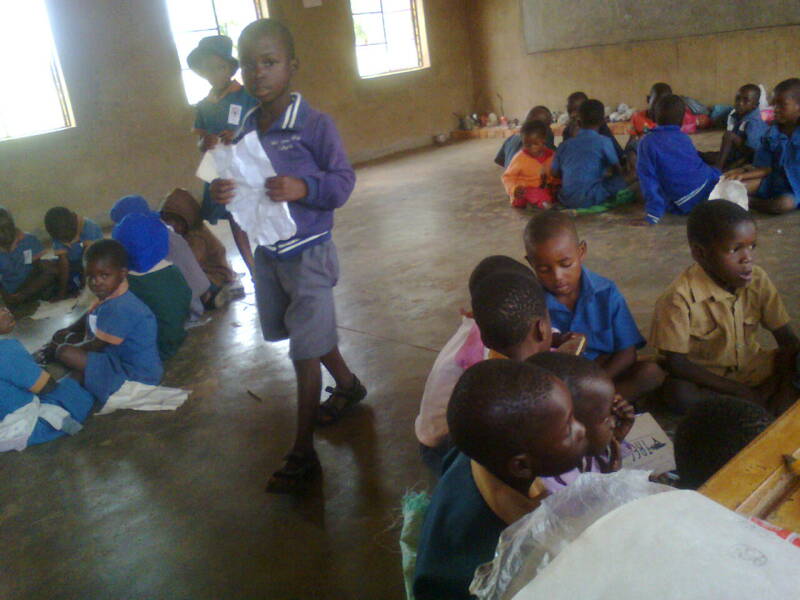
A RURAL teachers’ union is planning protests against the Primary and Education ministry over what it describes as wide disparities in resource allocations to schools, saying this has resulted in rural schools lagging behind.
By NQOBANI NDLOVU
Amalgamated Rural Teachers’ Union of Zimbabwe (ARTUZ) president Obert Masaraure said they were disappointed by the ministry’s failure to address the inequalities, adding their protest was to demand an education equalisation fund.
He said this was the only way the rural schools could be brought at par with those in cities and urban centres.
Masaraure said the protest is set for April, during the school holiday, though indicating that the dates have not yet been finalised.
“As ARTAZ, we have observed the disparities in resource allocation and further irked by lack of will by our leaders to address this. We were left with no option, but to try and connect with the rural masses and build a movement that can change the face of rural education.
“We believe education is emancipating and empowering. We will, therefore, fight for better content and quality of rural education. The rural population will surely make sound decisions if they get the best education,” he said.
“This April holiday we seek to continue with our advocacy through protests. We will be demanding the restructuring of the new curriculum, an education equalisation fund and a substantial allowance for rural teachers.”
- Chamisa under fire over US$120K donation
- Mavhunga puts DeMbare into Chibuku quarterfinals
- Pension funds bet on Cabora Bassa oilfields
- Councils defy govt fire tender directive
Keep Reading
The ARTUZ argues the new curriculum structurally excludes rural students from accessing quality education, saying several, if not all schools, in the countryside lack basic support infrastructure to support it.
Some students in rural schools learn in makeshift structures or under trees, while also battling a severe shortage of textbooks. The new curriculum also promotes science subjects and information communication technology, but several schools do not have laboratories and computers.
“Exclusion of rural schools can only be stopped by introducing an education equalisation fund that will be used for infrastructure development in rural schools and communities. The curriculum must be used as a tool to address the fundamental knowledge gap of citizens and further position learners to be economically productive in their villages.
“The curriculum must not be a one size fits all, but informed by the potential economic activities of a given region. The successful implementation of an education blueprint must be realised through substantial budgetary allocation,” Masaraure said, adding they were also demanding a substantial allowance for rural teachers.











